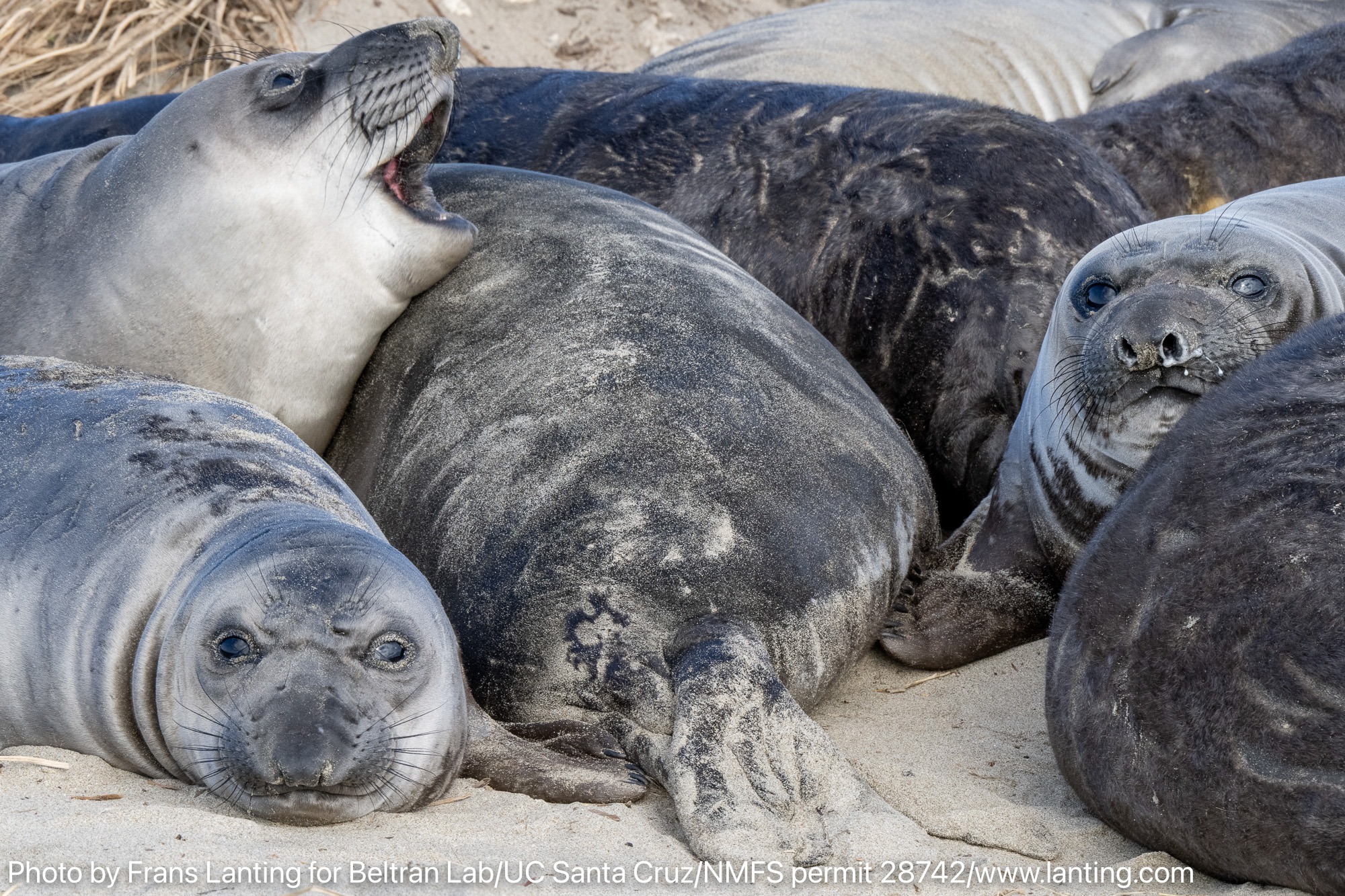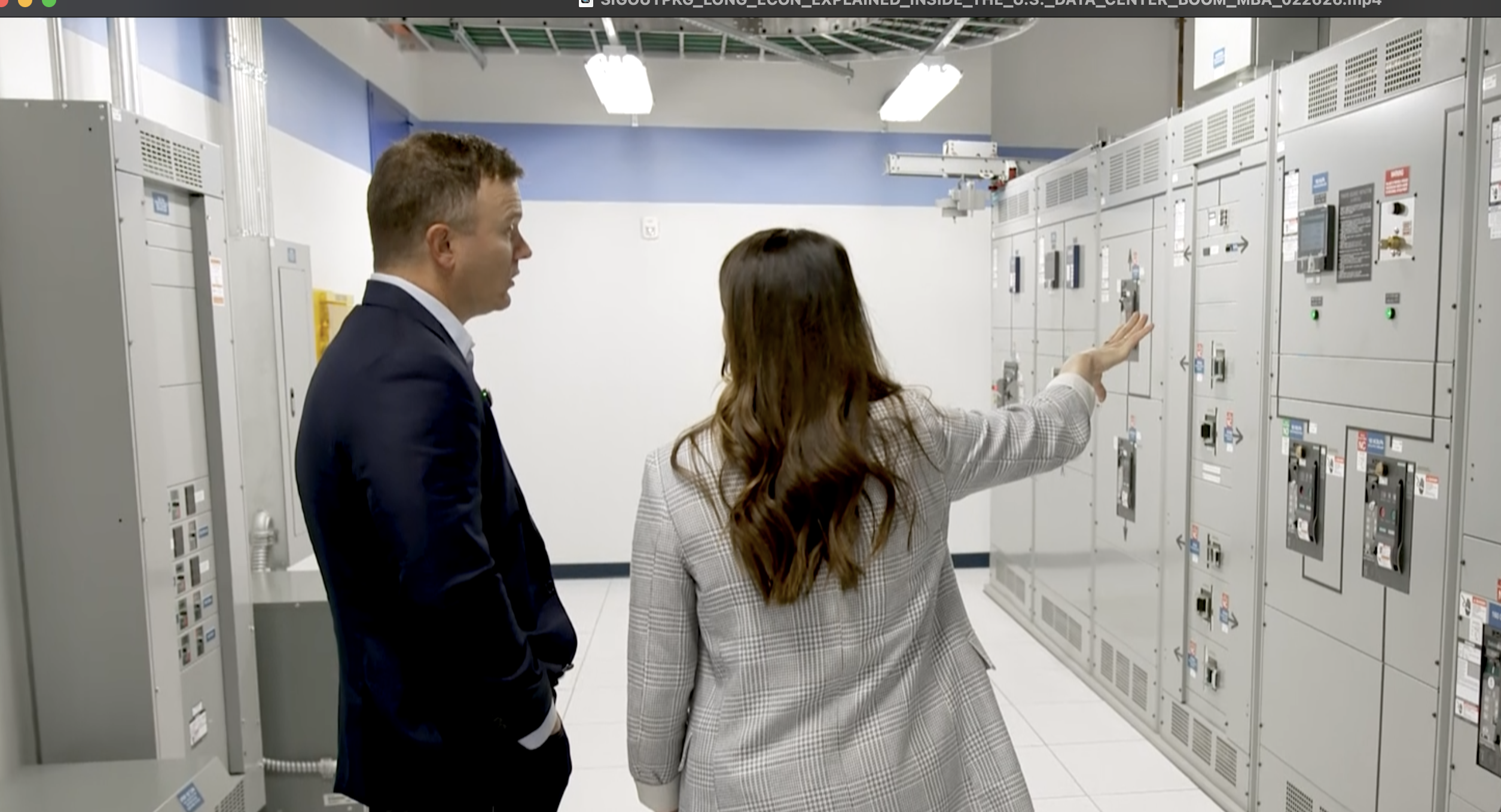President Joe Biden announced a more than $600 million investment in climate resilience Monday, a pot of money that could help vulnerable communities better withstand the extremes of a destabilizing climate.
The money comes from the billions of dollars set aside for climate preparedness in the Inflation Reduction Act. It includes a $575 million fund from which the National Oceanic and Atmospheric Administration will award money to community-led projects that prepare neighborhoods and ecosystems for sea level rise, flooding and strong storms.
"We're investing in the people and the places that have been hit the hardest but who are also on the front lines of leading us forward," Biden said Monday while speaking at a marsh near Palo Alto, California, which was once a community landfill.
Americans coast to coast are already busy preparing for and living through weather extremes.
Michael Markovich lives in Colorado, where strong summer storms are drenching cities in much more rain than usual. He installed concrete barriers on his property in March after flooding last year, and during a recent storm, the creek near his house rose about nine inches.
"Last year if that would have happened, we'd be standing in water," Markovich told Scripps News Denver.

Climate change blamed for wildfire smoke impacting the US
The smoke from Canadian wildfires has been widespread, extending "Code Red" air quality alerts for multiple cities in the U.S.
The President's announcement means communities could use NOAA-provided funds to prepare residents like Markovich for similar floods.
Separately, the president outlined millions his administration will pump into electric grid preparation. California, where the president spoke Monday, will get more than $67 million for its grid, which strains under the air conditioning demands of triple-digit heat waves in the late summer.
"That funding can help ensure our electric grid is stronger, that the lights and air conditioning and internet stay on during heat waves and storms and other climate events, so the lights can stay on in hospital operating rooms, nursing homes and so many other critical care facilities," the president said.
As he spoke, thousands in eastern Texas sat in the heat and dark as a heat wave wiped out power Friday, a realtime reminder of the issue's urgency.
For many, the announcements are a welcome sign of a government finally getting on board with investments long overdue: investments to protect Americans from a potentially deadly climate; one less stable and more extreme.











